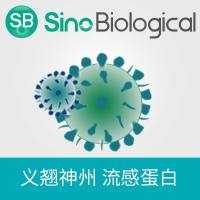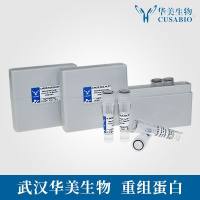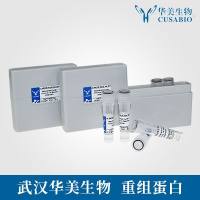Generation of Adipose Stromal Cell-Derived Hepatic Cells
互联网
互联网
相关产品推荐

Hemagglutinin/HA重组蛋白|Recombinant H1N1 (A/California/04/2009) HA-specific B cell probe (His Tag)
¥2570

Adipose Triglyceride Lipase Rabbit pAb(bs-3831R)-50ul/100ul/200ul
¥1180

Recombinant-Microtus-ochrogaster-Vasopressin-V1a-receptorAvpr1aVasopressin V1a receptor; V1aR Alternative name(s): AVPR V1a Antidiuretic hormone receptor 1a Vascular/hepatic-type arginine vasopressin receptor
¥12516

MKN45人低分化胃癌细胞|MKN45细胞(Human Poorly Differentiated Gastric Cancer Cells)
¥1500

Recombinant-Human-Sugar-transporter-SWEET1SLC50A1Sugar transporter SWEET1; HsSWEET1 Alternative name(s): RAG1-activating protein 1 Solute carrier family 50 member 1 Stromal cell protein
¥10752
相关问答

